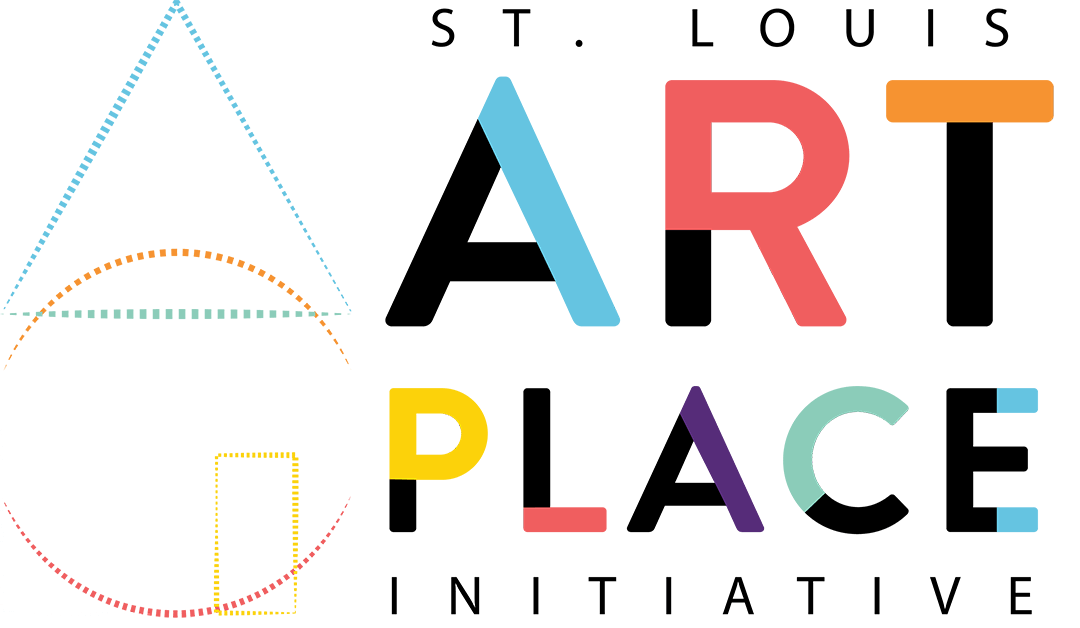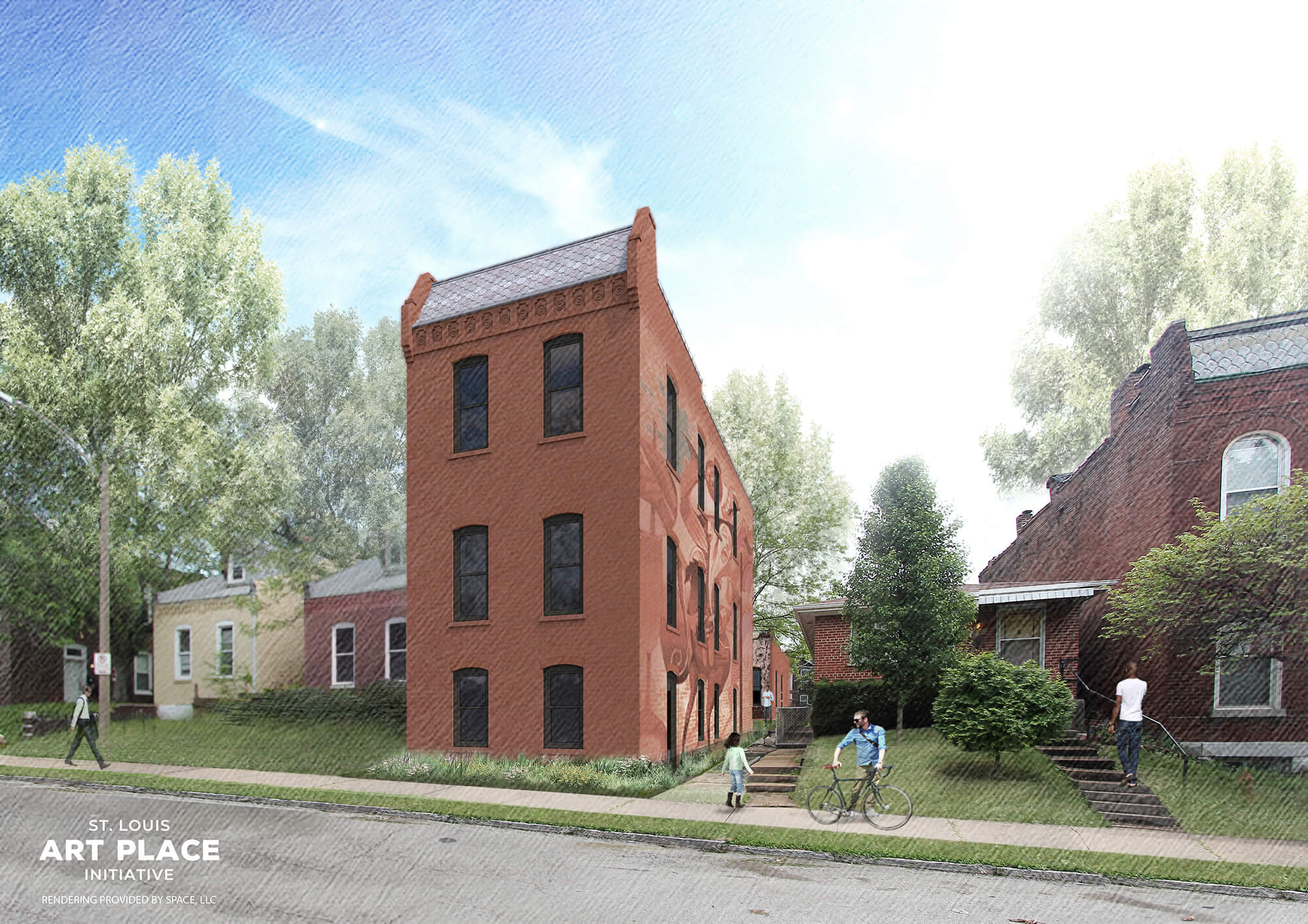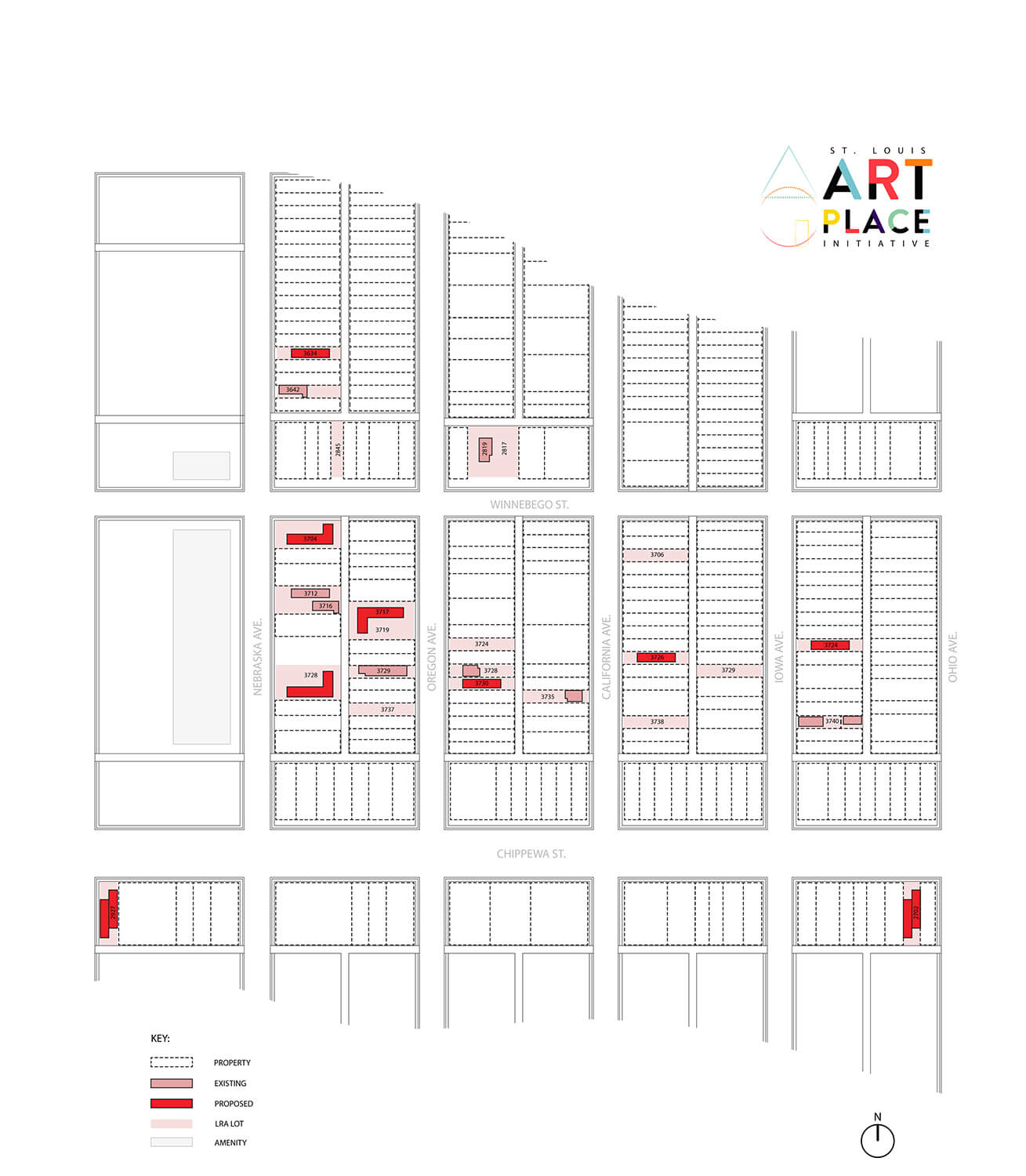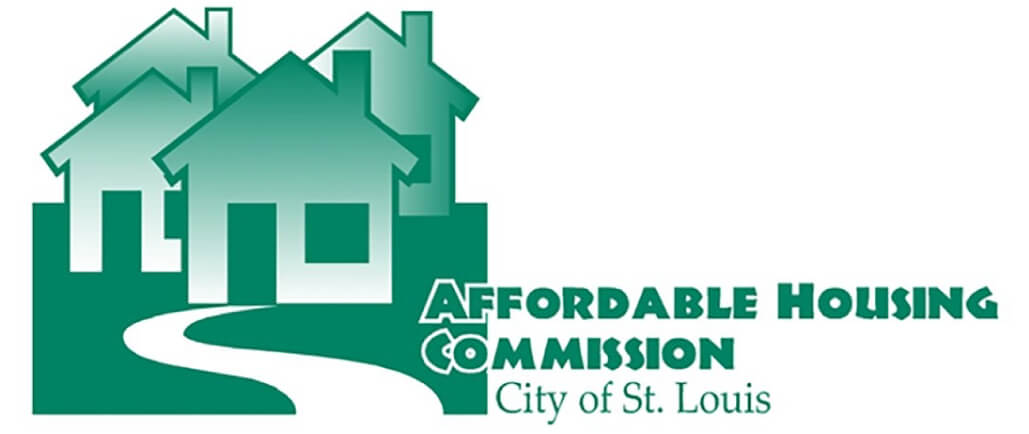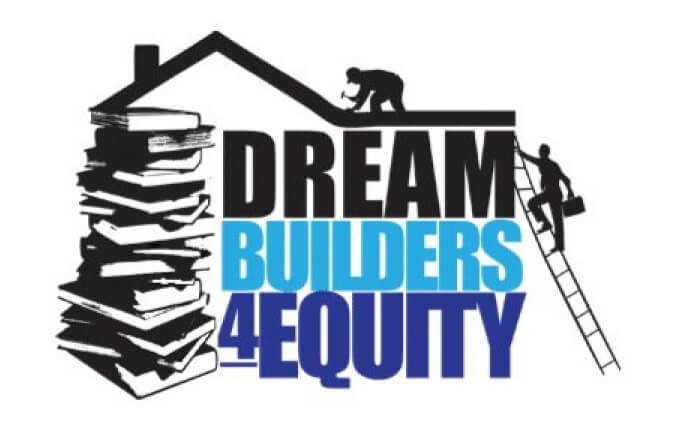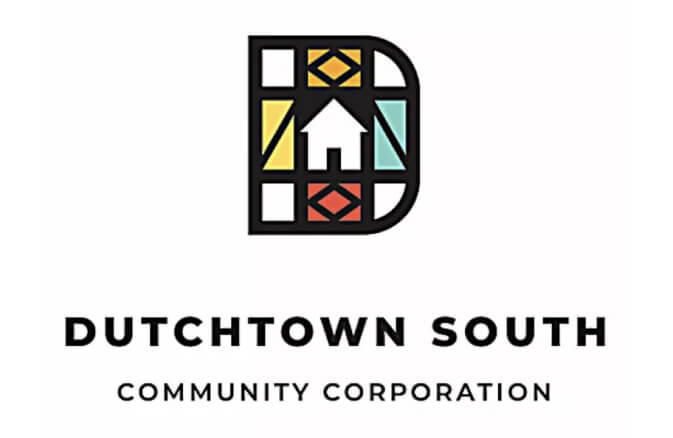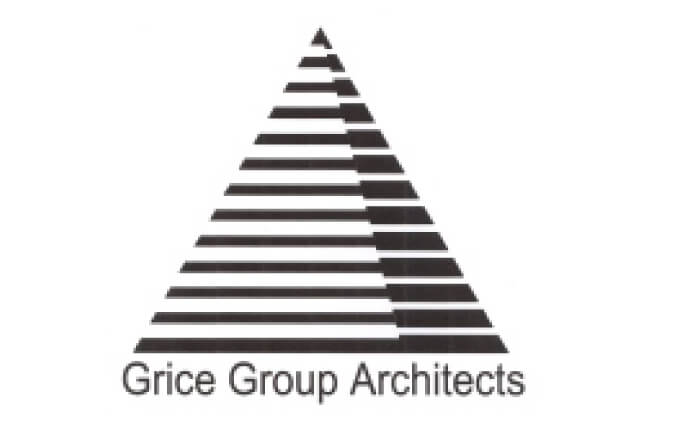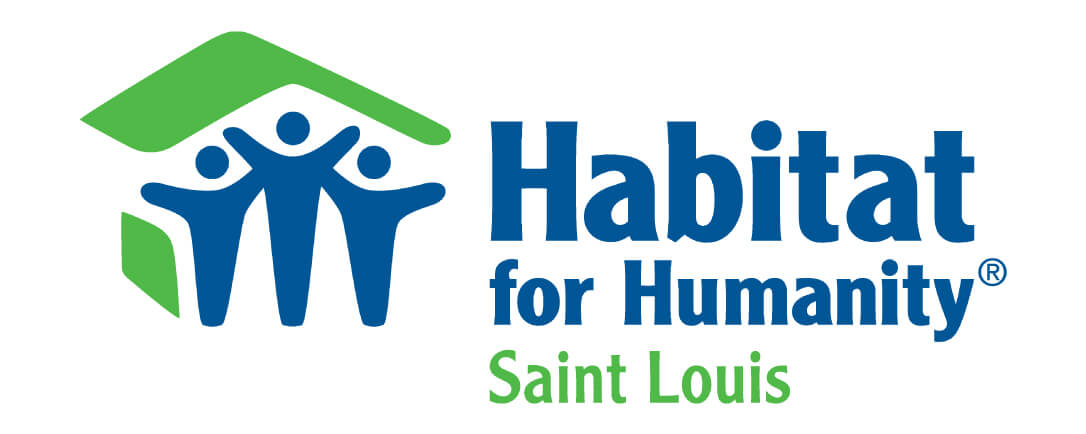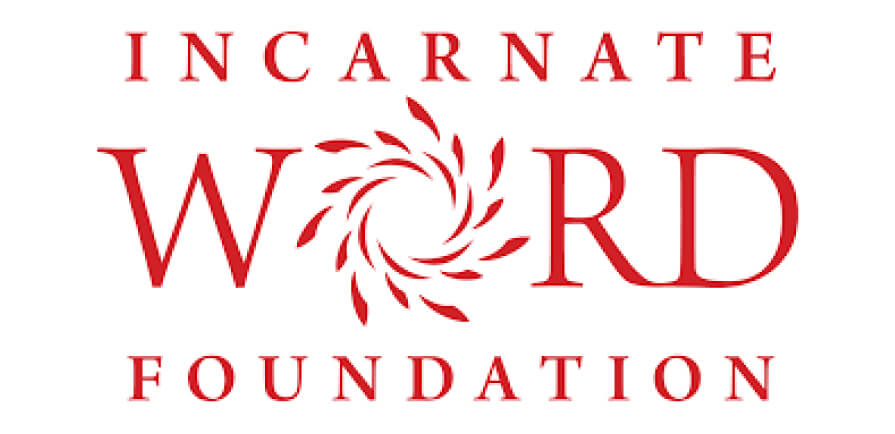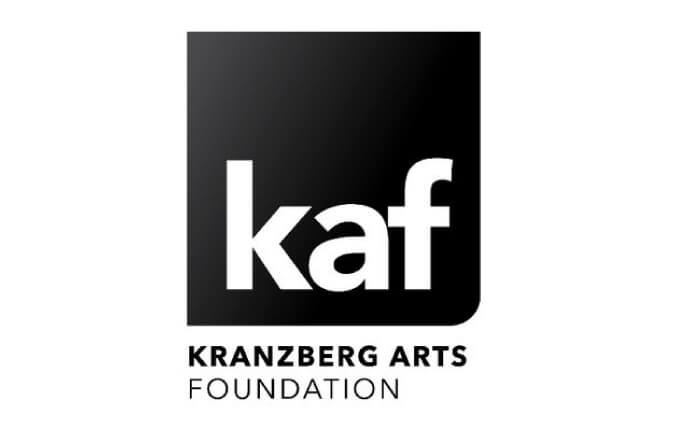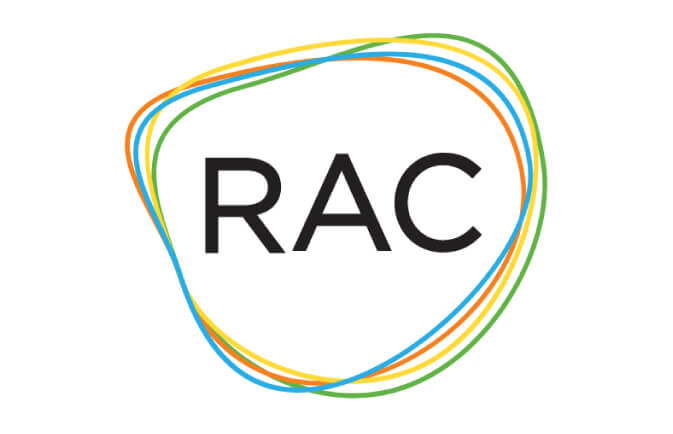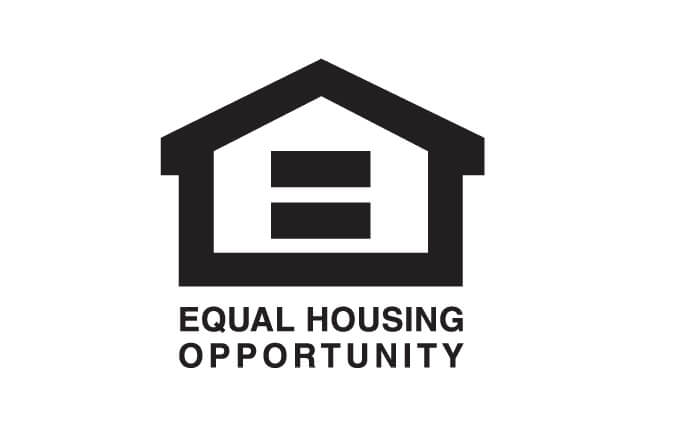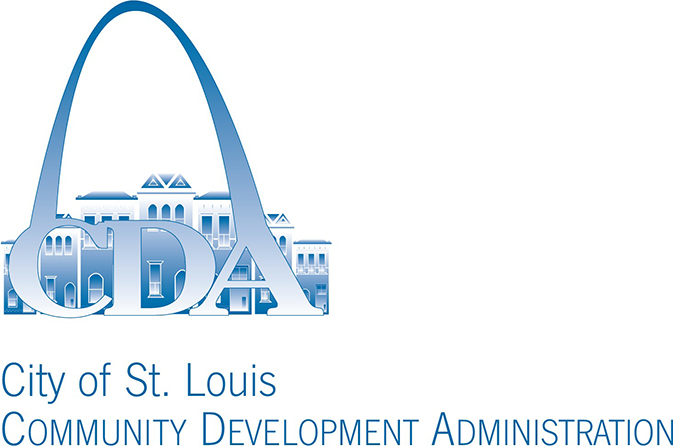Mission
To build wealth for artists through homeownership and transform vacant spaces into cultural assets with communities.
values
Values that inform mission
1. Keep artists in their neighborhoods. We are passionate about preventing artist displacement. From their perspectives to what they create, artists transform their neighborhoods and their rootedness has far-reaching positive impacts for the larger community.
2. Build and preserve artist wealth. We believe that building wealth through homeownership and preserving affordability are important tools in allowing artists to root in their neighborhoods, creating ripple effects for future generations, the arts ecosystem, and the regional economy.
3. Build and preserve community wealth. More than just developing affordable homes, we build community assets that are preserved through a cultural asset land trust to meet community needs and create more artful lives into the future.
Values that inform practice
4. Serve and give voice to the underserved. We believe that serving the most vulnerable, and those who have been locked out of opportunity helps us all. We prioritize working with underserved artists and communities. We create space for their voices among staff and board members and throughout our design processes.
5. Center artists and their practice Art is incredibly powerful and transformative. From the artists we serve, to the methods we use to make our vision a reality, we use art and engage artists to make art’s value visible and visceral in achieving our mission.
6. Be invited. We only work in communities where we’ve been invited by resident organizations and neighborhood groups, through conversations, neighborhood plans, and other means of community engagement.
7. Co-design with residents. We collaborate with residents through community-directed, continuous conversations to realize their vision for their community.
8. Build partner capacity. We seek to not only build our capacity, but that of our partners at the same time.
In 2018, the St. Louis City Planning Commission adopted the Gravois-Jefferson Historic Neighborhoods Plan. Within this comprehensive visioning for the growth and development of this neighborhood was a call for affordable, for-sale housing for artists. The St. Louis Art Place Initiative (API) was founded to work towards that call.
API was co-founded in 2019 by the Incarnate Word Foundation, the Kranzberg Arts Foundation, and the Regional Arts Commission to build wealth and equity for low-to-moderate-income artists through homeownership. API secured 25 parcels of vacant and deteriorating properties in Gravois Park from St. Louis City to build 20 units of single-family housing over the next 3-5 years. These homes are made available for purchase to artists through an application process.
In partnership with neighbors, community advocates, and stakeholders API and its community partner, Dutchtown South Community Corporation (DSCC), will form a community land trust (CLT) to ensure the mission of API is fulfilled in perpetuity. The CLT will manage the future resale of homes, as well as own and manage communal green spaces in the API footprint for the benefit of the Gravois Park Community.
our programs
homes for artists
API’s Homes for Artists program includes three elements:
Housing development Since 2019
API has been developing for-sale, affordable homes for first-time-homebuyer, low to moderate-income artists on vacant lots. API will build at least 18 affordable homes in Gravois Park, both rehab and new construction from its originally-purchased parcels. Two homes have been sold, and ten additional homes are under development. The next three will be completed in fall 2024.
Homebuyer Readiness & Education
API joins partners to provide the technical assistance necessary to prepare artist-homebuyers to apply for a new home. Volunteer Lawyers and Accountants for the Arts leads tax preparation and record-keeping assistance.
Artist & Mortgage Application Process
API conducts an application process to confirm artists’ basic eligibility and whether they meet community connectedness and housing insecurity thresholds. API partners with Habitat for Humanity St. Louis who leads mortgage application technical assistance.
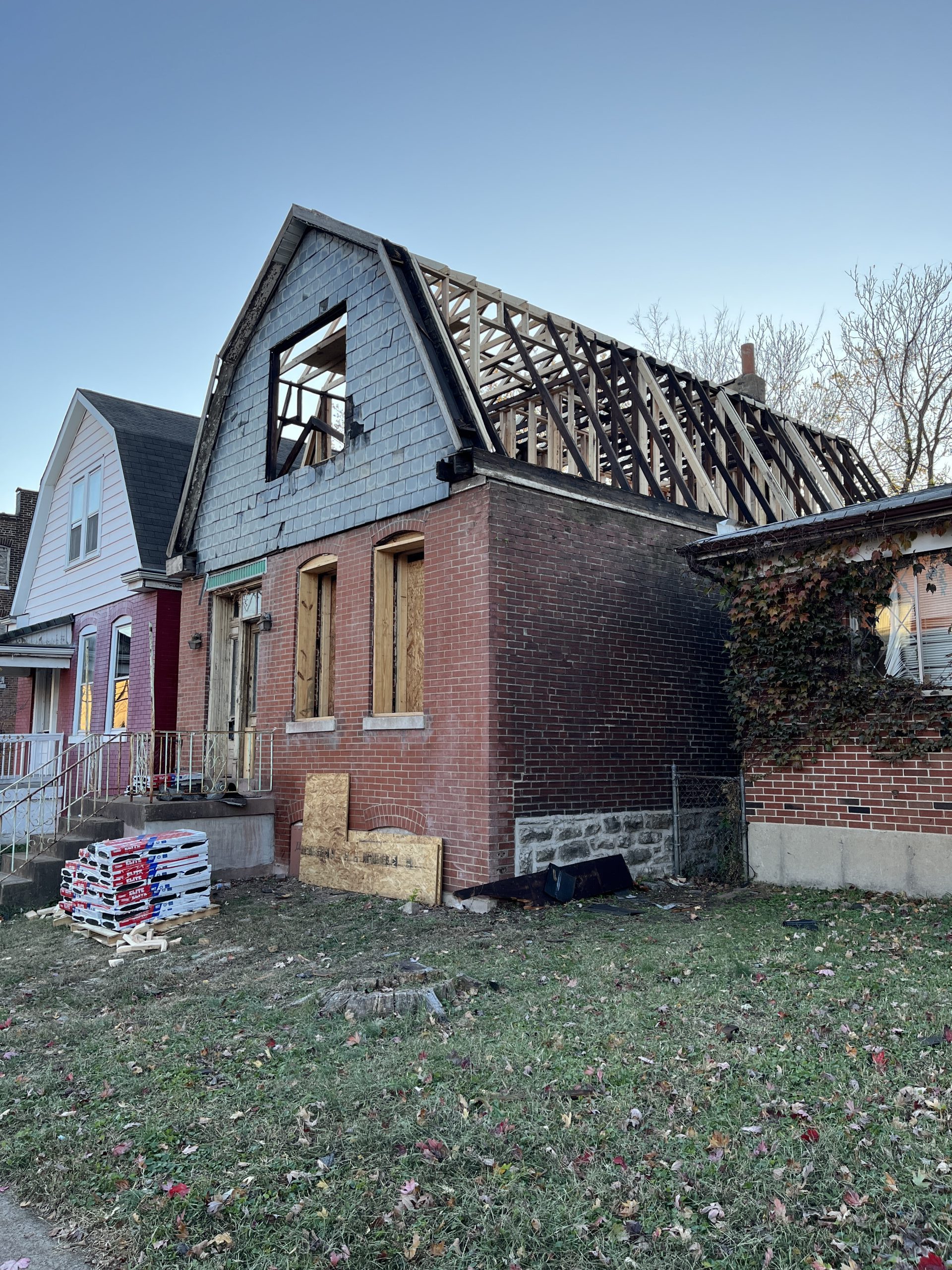
CULTURAL Asset Development
API co-designs new assets with its artist-homebuyers and other residents to create an artful living ecosystem within Gravois Park. Thanks to Neighborhood Transformation Grant funds provided by the City of St. Louis Community Development Administration, in 2024 an artist residency will be created and API will gather residents to flesh out ideas for cultural assets through the project Block Dreams.
ART MAKES NEIGHBORS
API creates more than houses; it supports the sense of “home” already in the neighborhood by turning existing artists into new homeowners and by transforming vacant lots into green and art spaces where neighbors can connect.
Each artist-homebuyer has the opportunity to opt into leading a participatory art project with Gravois Park residents. These art projects are an opportunity for the artists to build relationships with their immediate neighbors and the larger community–an act of neighboring that creates a home. API has received funding to launch this project in 2025.
RESIDENT CO-DESIGN
Guided by the community’s vision laid out in the Gravois-Jefferson Historic Neighborhoods Plan for arts-based community development and robust community engagement, API continually engages residents as it carries out its mission. API conducts town halls, visioning sessions, door-knocking, and much more to strengthen relationships with residents and co-design API’s projects.
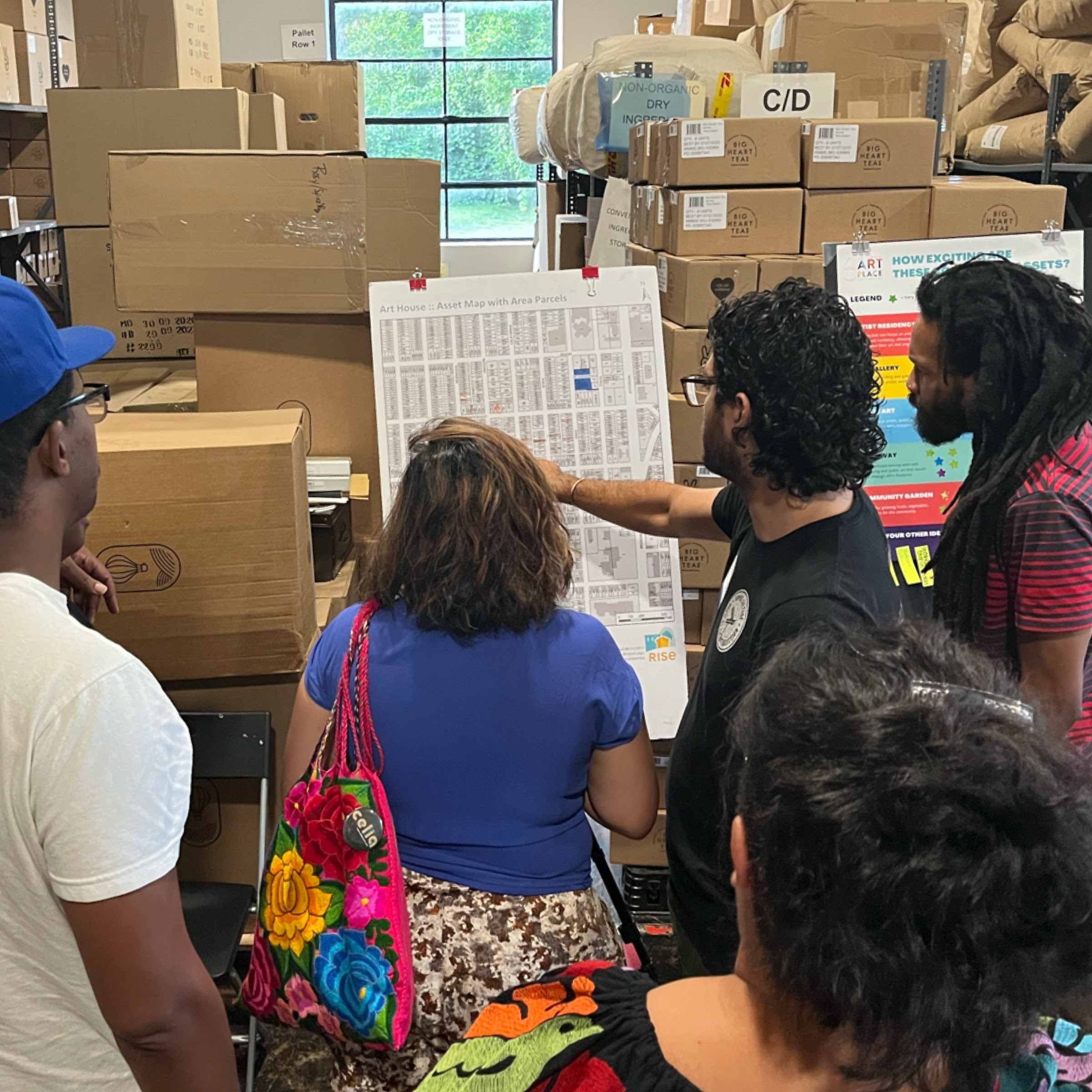
MEET OUR BoarD
The St. Louis Art Place Initiative is overseen by a board of directors including the following members:
OUR STAFF
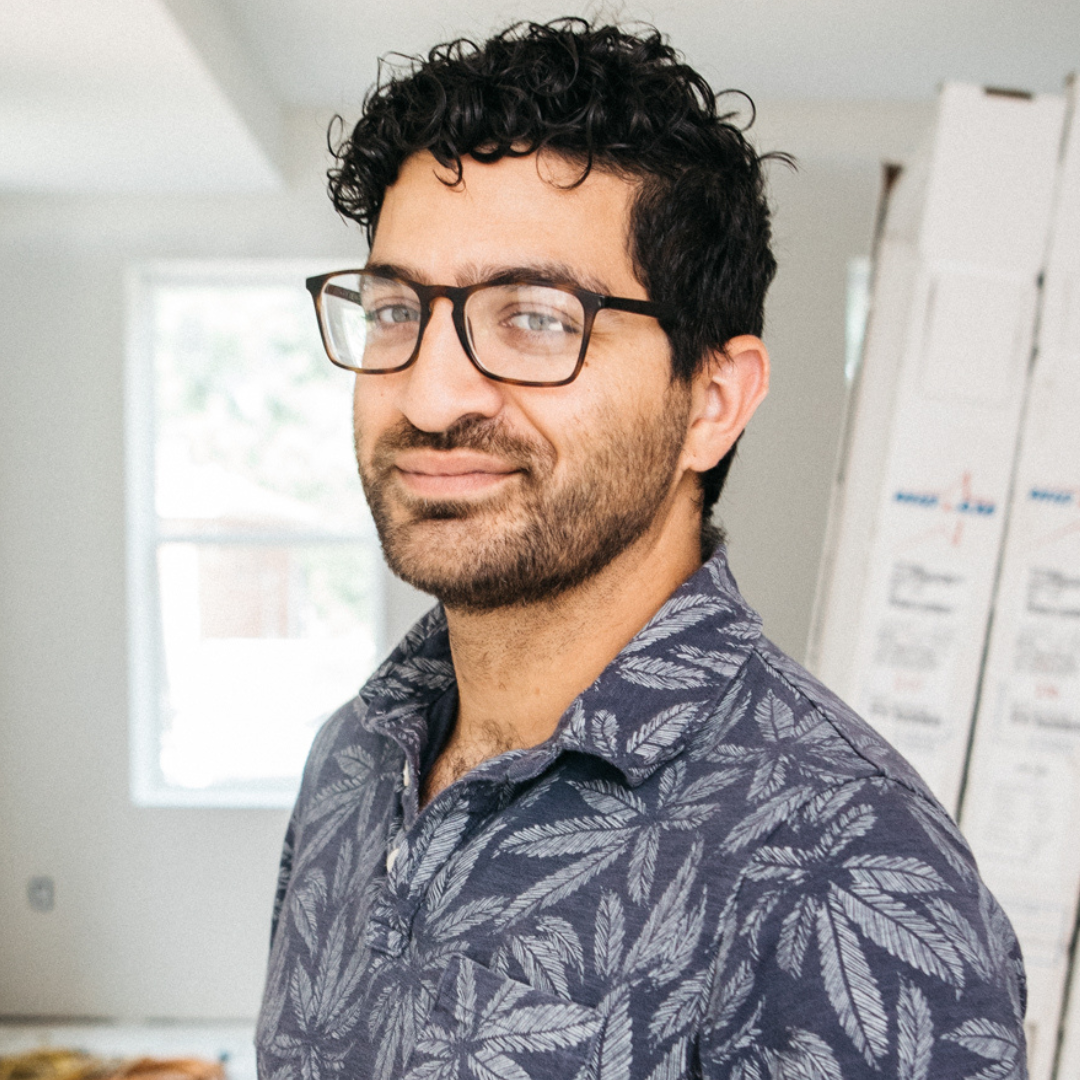
Kaveh Razani
Co-Director
Kaveh Razani joined API in 2019 right after its founding as the first Director; he currently serves as Co-Director. For the last four years, Kaveh has overseen API’s operations and has been the project manager for home construction and sales. He has helped build many of API’s strategic partnerships, where his current work is focused. In addition to his work with API, Kaveh is the co-founder and operator of the community arts venue Blank Space on Cherokee Street and has played an active role in the management of the Cherokee Street Community Improvement District Board of Directors, where he currently serves as Vice-Chairperson. He has co-founded several businesses in South City, among which is a collectively-owned commercial real estate company focused on incubating neighborhood-based small businesses. Kaveh is a faculty co-lead of the Regional Arts Commission’s Community Arts Training Institute and is a graduate of its TIGER program.
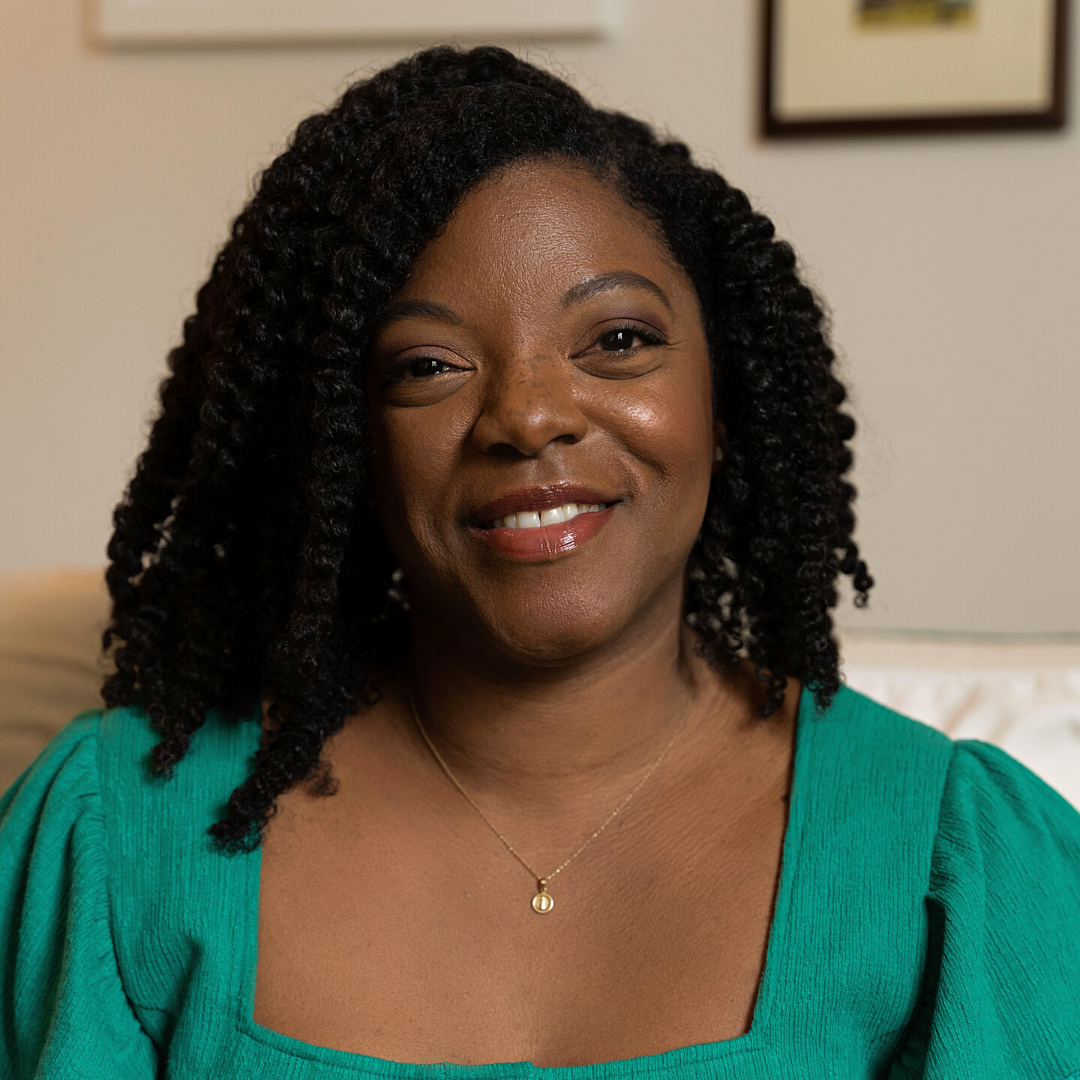
Jennifer Allen
Co-Director
Jennifer Allen joined API in 2023 as Co-Director, with a focus on Artist and Community Engagement, Program Administration, and Fundraising. Jennifer has 18 years of experience working as an Urban Planner in the affordable housing development, bicycle and pedestrian planning, and civic engagement fields. Jennifer’s expertise areas are Community Engagement and Planning, Facilitation, Management, and Organizational Development. Her previous roles have included, Leader Experience Sr. Director at ioby (in our backyards), a national non-profit crowdfunding platform for community projects; Director of Strategic Initiatives at Trailnet where she built strategic partnerships, led advocacy campaigns, and spearheaded the creation of The Calm Streets Project, which lead to the Louisiana Avenue Calm Streets Demonstration; and Policy Associate at Livable Places where she led 35 organizations to become the Alliance for a Livable Los Angeles, a coalition that worked to create more affordable housing, transportation options, parks, and public places. Jennifer has a Master of Arts in Urban planning from UCLA with an emphasis on housing policy and urban design.
The first development of the St. Louis Art Place Initiative is in Gravois Park, comprising 14 vacant lots and 11 structures in a 4 by 1 block radius in the neighborhood.
The development will provide local artists an opportunity to become homeowners, incentivizing them based on a set of criteria using a racial equity lens, and intentional strategies to promote fair housing practices. We encourage artists from immigrant and historically marginalized backgrounds to apply.
API FACT SHEET
- The Regional Arts Commission will ensure integrity and transparency in the artist engagement, application, and selection process. RAC brings best practices to the process to ensure that the public and artists in the region are represented at the table.
- The Incarnate Word Foundation has brought significant investment and strategic partners to this project. They will continue to bring their expertise in community engagement, social work, and advocacy for low-income and families of color.
- In line with its mission of serving and supporting artists through Infrastructure, The Kranzberg Arts Foundation will bring significant investment to get the first development off the ground. KAF also brings their design and development expertise, as well as their industry contacts to the project.
- API will work closely with neighbors, elected officials, community organizations, and local stakeholders to ensure ongoing conversations regarding the resulting effects of this development. We acknowledge that development can have negative secondary impacts, such as increased rents and possible displacement. We have a commitment to the neighborhoods we work in and want to promote positive, equitable revitalization. Local resident and stakeholder participation is encouraged through participation in focus groups, sub-committees, and advisory boards to our organization in order to facilitate transparency and accountability.
- API realizes its vision through the creative re-use and preservation of vacant and deteriorating properties. We work with existing community organizations, civic leaders, small business and other government and civic agencies to ensure that our housing initiatives meet the needs and serve the constituents of the community while developing and integrating artist live/work spaces which enrich the lives of the artist, existing neighborhood residents and the St. Louis region as a whole.
- The first development of the API is the Gravois Park Art Place, comprising 14 vacant lots and 11 structures in a 4 by 1 block radius in the Gravois Park neighborhood.
- The development will provide local artists an opportunity to become homeowners, incentivizing them based on a set of criteria using a racial equity lens, and intentional strategies to promote fair housing practices. We encourage artists from immigrant and historically marginalized backgrounds to apply.
- Artists who qualify will have a commitment to living and working in St. Louis, demonstrate professionalism at their craft, and prove financial capacity (non-traditional banking histories will be considered).
- Artists will have access to a broad range of community services, including homeownership and financial capacity building.
- Artists will build creditworthiness and equity through first time home ownership and timely payments over the life of the mortgage. Should artists choose to sell their homes, they will be sold back to the trust. The value of the homes will be tied to a specific resale formula that preserves affordability to ensure that low- and moderate-income artists will be able to live in the homes in perpetuity.
